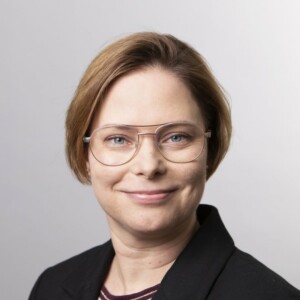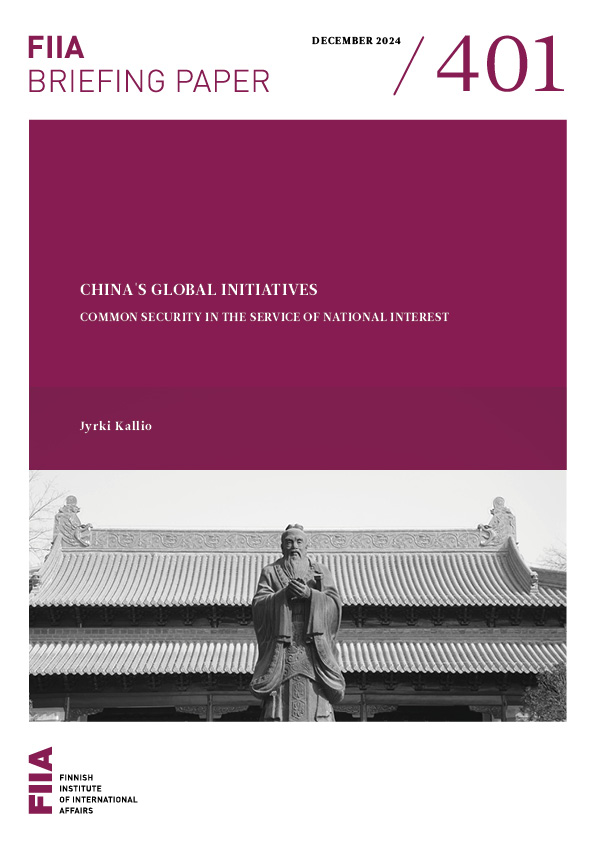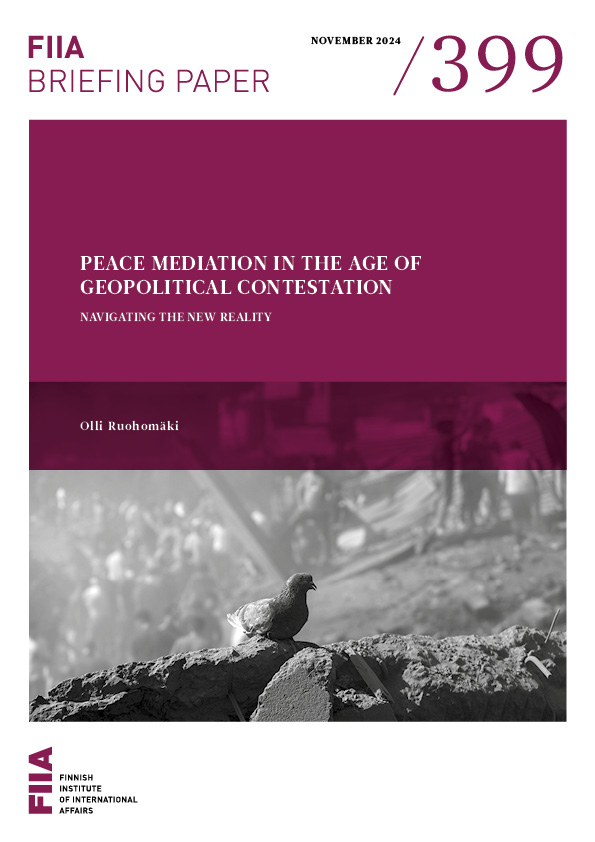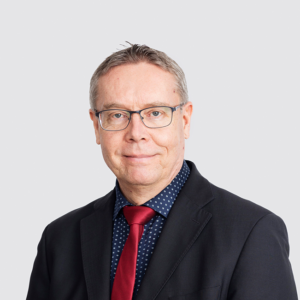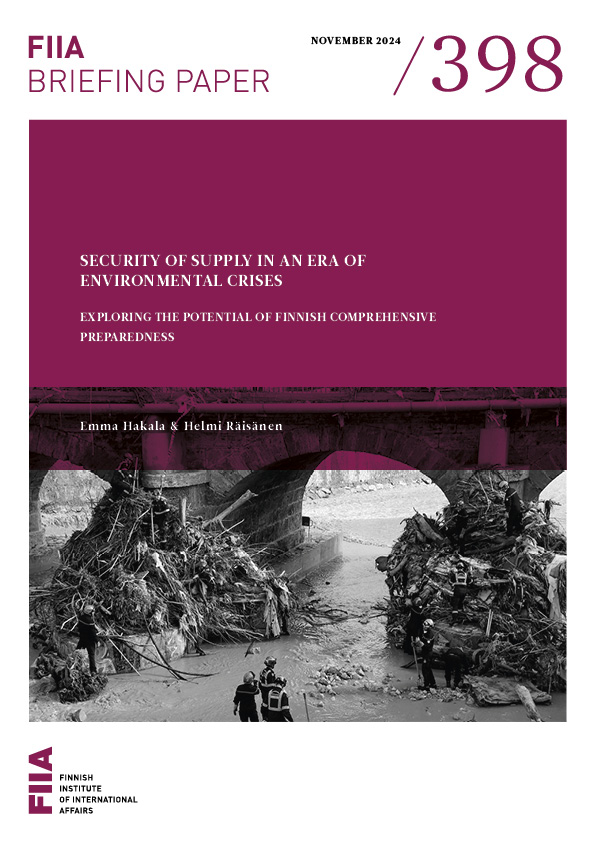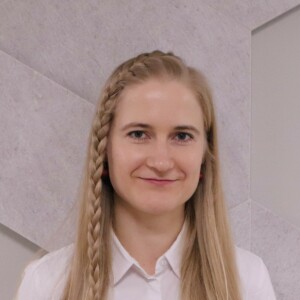The UN Secretary-General selection procedure has always been contentious and, in practice, the permanent members of the Security Council have elected the highest UN official behind a veil of secrecy. Recent changes introduced into the process have, however, raised hopes that the most qualified candidate will be appointed.
In recent months, the search has been underway for a successor to Ban Ki-moon, whose term as Secretary-General (SG) of the UN ends in December 2016. Thirteen candidates signed up for the race, including a record number of women and Eastern Europeans due to the unwritten rule of geographical rotation. There was a general belief that the next SG was going to be a woman for the first time in the organization’s history, which made Irina Bokova from Bulgaria the leading candidate at the start of the race. Other contestants with a strong UN background included New Zealand’s Helen Clark, and Portugal’s António Guterres, the latter ultimately securing the backing of the Security Council.
The SG is the highest administrative UN official with thousands of subordinates, but there is also a political dimension to their work as the SG can bring issues affecting international peace and security to the attention of the Security Council. Despite the significance of the position, the UN Charter says relatively little about how the SG is to be appointed. Article 97 states that ‘[t]he Secretary-General shall be appointed by the General Assembly upon the recommendation of the Security Council’. In reality, the decision has always been made by the Security Council and in particular by its permanent members, while the General Assembly has effectively been demoted to the role of a rubber stamp.
For years, civil society and a number of UN member states have been calling for the reform of the selection process, which has been criticized for being undemocratic and opaque. In response to the criticism and as a part of efforts to revitalize the General Assembly, some reforms have been made to the current selection process, thereby making it more open and inclusive than ever before.
One difference compared to the previous SG races was that there was an open call for applications and the nominations were public: for the first time, the General Assembly knew who the candidates were. The most remarkable new feature of the selection process has, however, been the public hearings before the General Assembly. Member states were able to pose questions to each nominee based on their strategic vision. The candidates answered questions relating to both their managerial skills and the political side of the SG’s work as they faced questions such as how to tackle gender and geographical imbalances in the UN system, or how to deal with major challenges such as the refugee and migration crisis.
But whether geopolitical considerations in the Security Council would prevail over the attempts to make the process inclusive and transparent remained unclear. The unwritten rule on geographical rotation, and the practice that the SG should come from a small or medium power country have previously informed the decisions. Moreover, the ability of the permanent members to veto a candidate has guaranteed that the concerns of major powers will be taken into account. Another practice, which goes against a fair procedure, is that of horse trading, as it has been routine to exchange favours during the selection process.
In early October, the Security Council managed – somewhat surprisingly – to quickly reach a consensus on the Portuguese António Guterres without any formal vetoes being cast. Initial speculations that certain objections from China and Russia would be raised with respect to Guterres being too humanitarian and representing the wrong region seemed to play no role in the Security Council’s decision. This unprecedented unity with respect to the next ‘world’s top diplomat’ was achieved during the Russian presidency of the Security Council, and a unified Security Council was duly able to release the news about Guterres’ election.
Although the true effect of the revised selection process upon the Security Council’s decision to choose Guterres remains unknown, the general sentiment is that the Security Council chose the most competent candidate. Guterres was widely held to be the winner of the hearings, and all of the P5 states praised him for his expertise and experience as a statesman. His outspokenness was also appreciated, as were his demonstrated skills in reforming the UNHCR during his term as High Commissioner in 2005–2015. In other words, the Security Council did not kill off the optimistic belief that the first steps towards inclusiveness and openness would automatically lead to the appointment of the most qualified candidate.
To be sure, other factors besides personal qualifications also helped Guterres in the race. He adopted a non-confrontational approach to the Security Council; he stressed that, if elected, he would adopt the role of a facilitator and that the real competencies in matters on international peace and security lie with the permanent member states. Moreover, Guterres’ appointment still conformed to the unwritten rule that the SG should come from a small country, and for the first time since 1977, a European was elected. Whether any deals concerning senior management posts in the UN system were made, such as making Irina Bokova Deputy SG or appointing a Chinese to run the Department for Peacekeeping Operations, will be known in the coming months.
In spite of the disappointment of those calling for the first female SG, the Security Council delivered at a time when international co-operation is needed more than ever, and the world organization needs a competent leader backed by the whole membership. Although the debate on how to strengthen the role of the General Assembly in the selection of the SG will most likely continue, for the time being the most critical voices have been silenced.

